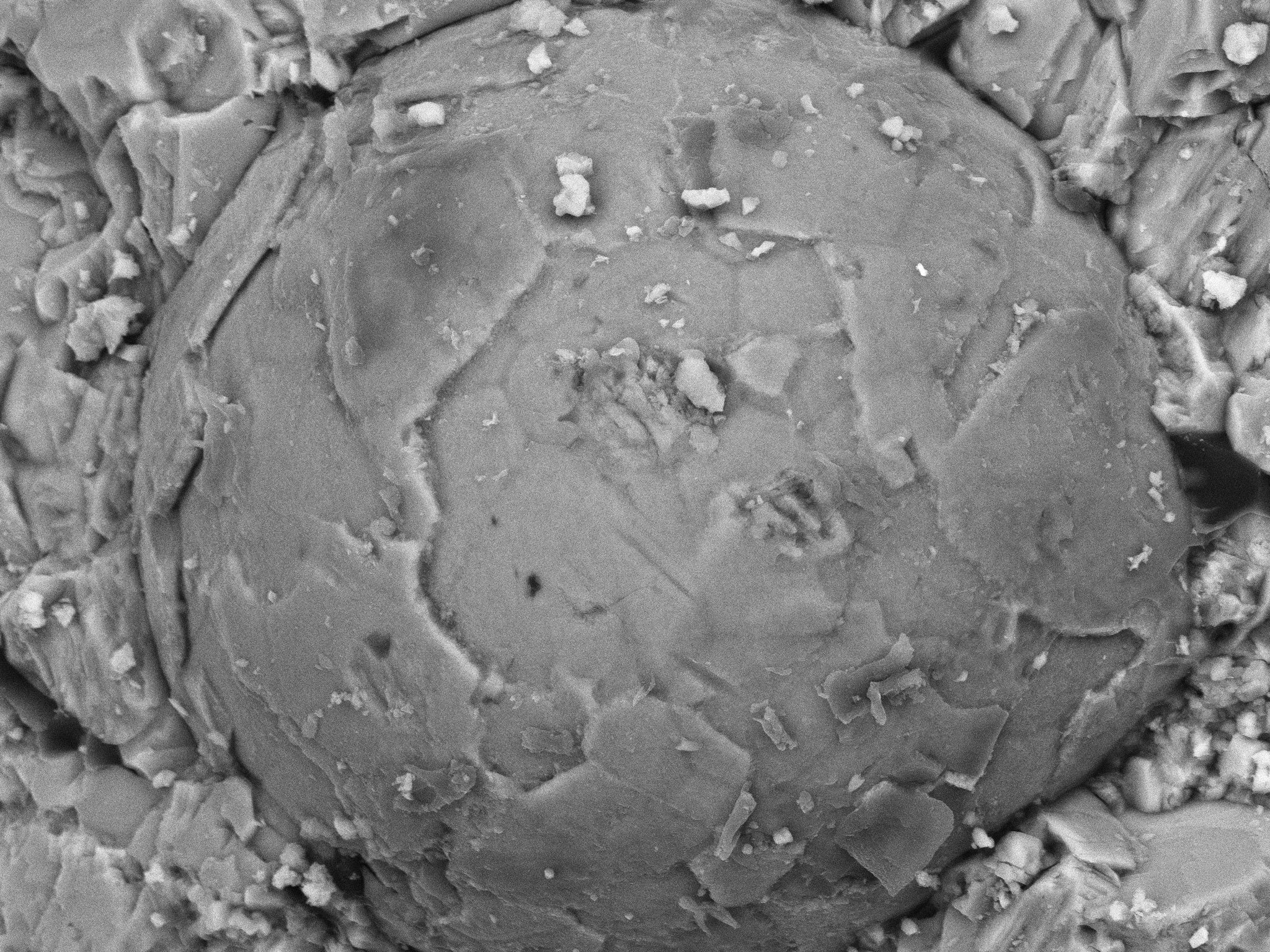500 million-year-old rare fossilised embryos found in south China
The fossils are from a period where there was great diversity on earth

Your support helps us to tell the story
From reproductive rights to climate change to Big Tech, The Independent is on the ground when the story is developing. Whether it's investigating the financials of Elon Musk's pro-Trump PAC or producing our latest documentary, 'The A Word', which shines a light on the American women fighting for reproductive rights, we know how important it is to parse out the facts from the messaging.
At such a critical moment in US history, we need reporters on the ground. Your donation allows us to keep sending journalists to speak to both sides of the story.
The Independent is trusted by Americans across the entire political spectrum. And unlike many other quality news outlets, we choose not to lock Americans out of our reporting and analysis with paywalls. We believe quality journalism should be available to everyone, paid for by those who can afford it.
Your support makes all the difference.Scientists have discovered rare, fossilised embryos of what is thought to be a previously unknown animal.
Believed to from the Cambrian era, the fossils are therefore between 540 million and 485 million years old and could give an insight into a period when the world’s ecosystems rapidly changed and diversified.
Jesse Broce, a doctoral student in the Department of Geological Sciences at Missouri University, found the fossils in Cambrian Shuijingtuo Formation in the Hubei Province.
Researchers of the study analysing the fossils believe they will provide a unique opportunity to study the origins of early animals, and how they developed.
They also hope their study, published in the ‘Journal of Paleontology', will help with future interpretations of evolutionary history, as the Cambrian Period was when the first shells developed.
"Over time, shells and exoskeletons can be fossilized, giving scientists clues into how organisms existed millions of years ago," said James Schiffbauer, assistant professor of geological sciences in the Missouri University College of Arts and Science.
As fossils containing soft tissue have different chemical patterns than harder, skeletal remains, different processes contribute to their preservation.
“It is important to understand how the fossils were preserved, because their chemical makeups can also offer clues about the nature of the organisms’ original tissues,” Schiffbauer explained.
“Before the Ediacaran and Cambrian Periods, organisms were unicellular and simple.
“Something obviously went wrong in these fossils,” Schiffbauer added.
“Our Earth has a pretty good way of cleaning up after things die. Here, the cells’ self-destructive mechanisms didn’t happen, and these soft tissues could be preserved. While studying the fossils we collected, we found over 140 spherically shaped fossils, some of which include features that are reminiscent of division stage embryos, essentially frozen in time.”
This adaptation provided protection and structural integrity for organisms. My work focuses on those harder-to-find, soft-tissue organisms that weren’t preserved quite as easily and aren’t quite as plentiful.”
Additional research will focus on identifying the parents of the embryos.
Join our commenting forum
Join thought-provoking conversations, follow other Independent readers and see their replies
Comments